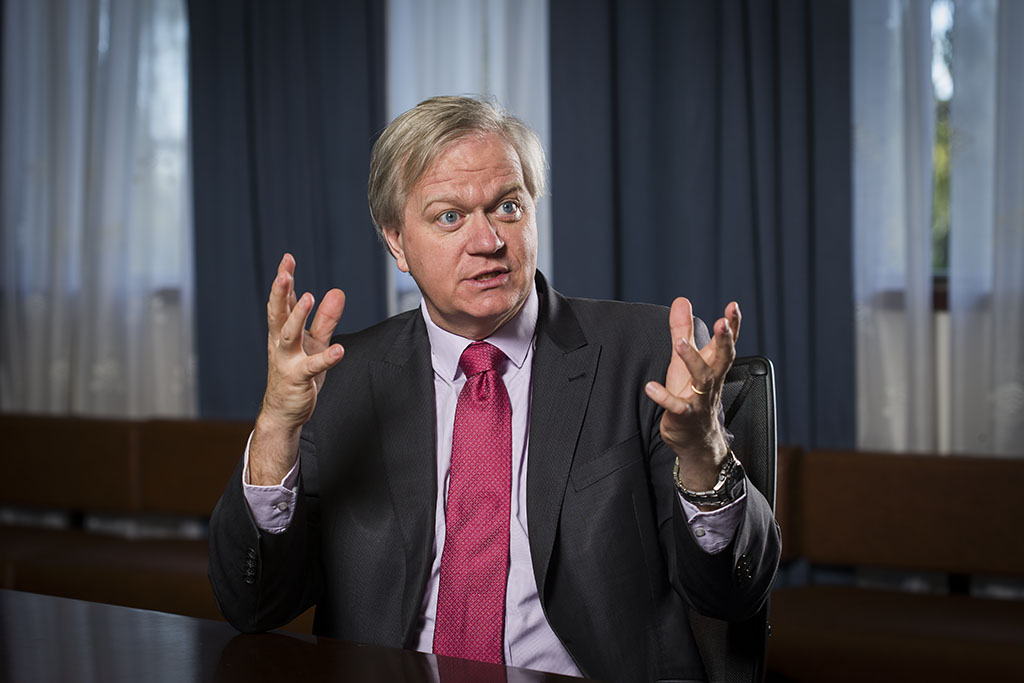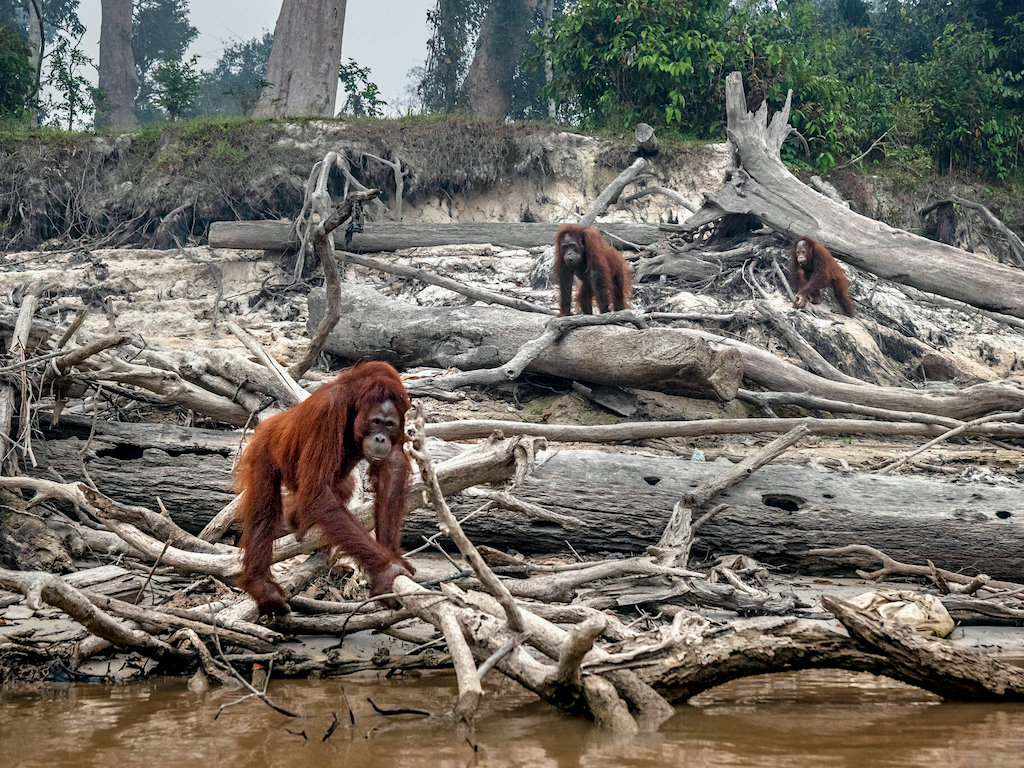4 Mins Read
Humanity must act now on climate change and “reinvent our relationship with planet Earth”, say Nobel laureates and experts in a statement. The letter, co-signed by dozens of leading international scientists, summarises the conclusions made during the Nobel Prize ‘Our Planet, Our Future’ Summit hosted in late April, which stresses the “existential need” to act before we encounter “colossal risks with our common future”.
Nobel laureates, experts and academics convened in the first Nobel Prize Summit have issued an urgent call for action on the largest humanitarian threat today – the climate crisis. Coordinated by Nobel laureate Brian Schmidt, vice-chancellor and president of the Australian National University and a renowned expert on cosmology and physics, the statement warns that “time is the natural resource in shortest supply”.
“The next decade is crucial: Global greenhouse gas emissions need to be cut by half and destruction of nature halted and reversed,” said the letter, co-signed by a number of the world’s leading researchers and scientists, among them Johan Rockström of the Potsdam Institute for Climate Impact Research, Thomas Lovejoy of the United Nations Foundation and Stanford University’s William E. Moerner.
“Without transformational action this decade, humanity is taking colossal risks with our common future. Societies risk large-scale, irreversible changes to Earth’s biosphere and our lives as part of it.”

Without transformational action this decade, humanity is taking colossal risks with our common future.
Stressing the interconnectedness between humanity and nature, from our reliance on biodiversity to the crucial role of planetary ecosystems to protect communities from natural disasters, experts say that our overuse, overconsumption and plundering of natural resources have destabilised the Earth-system harmony.
“We need to reinvent our relationship with planet Earth,” the statement reads. “The future of all life on this planet, humans and our societies included, requires us to become effective stewards of the global commons — the climate, ice, land, ocean, freshwater, forests, soils, and rich diversity of life that regulate the state of the planet, and combine to create a unique and harmonious life-support system.”
Nobel laureates also highlighted the clear wake-up call that the Covid-19 pandemic represents, with such emerging diseases becoming increasingly frequent due to the “destruction of natural habitats, highly networked societies, and misinformation.”
There is still time, but only if we take decisive action.
The experts urged the world to take a “multi-pronged approach” that prioritises One Health – that our rapid urbanisation, intensive animal agriculture, overexploitation of wildlife and biodiversity loss has all contributed to the rising risk of disease transmission, echoing the calls that U.N. scientists have made in recent months.

Describing human activities that destroy the Earth as a “vast and uncontrolled experiment” on the planet’s life-support system, the letter says that there is simply no more time to lose to take action.
The future of all life on this planet, humans and our societies included, requires us to become effective stewards of the global commons.
“The future habitability of Earth for human societies depends on the collective actions humanity takes now. There is rising evidence that this is a decisive decade…Time is running out to prevent irreversible changes.”
Among some of their recommendations include tackling inequality, which will have a destabilising impact on society, politics and further exacerbate climate change and its disproportionate impact on the Global South and vulnerable communities in the world.
“It is an inescapable conclusion that inequality and global sustainability challenges are deeply linked. Reducing inequality will positively impact collective decision-making.”
Other proposals on the policy-level include prioritising the wellbeing of humans and nature as a metric of success, emphasising planetary stewardship in education, fostering mission-driven collaboration between governments, corporations and researchers, implementing ESG across finance, and fighting disinformation.
“This statement makes clear that this is a critical decade. Humanity is skating on thin ice with our common future. Decisions made now will affect the long-term stability of Earth’s biosphere,” said Schmidt. “There is still time, but only if we take decisive action.”
Lead image courtesy of Ulet Ifansasti / Getty Images.




